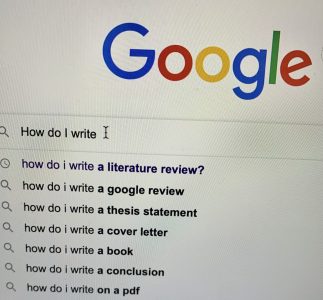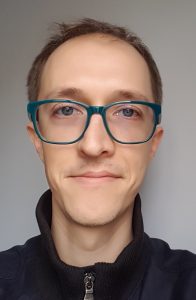Gillian, Nancy, and Madeline share one tip each. We hope you find them useful.

How to get started with a writing genre or assignment that’s new to you
Gillian
If you’ve been asked to write an “annotated bibliography,” “summary,” or “critical analysis,” and these types of assignments are unfamiliar, there are TONS of resources and samples online to guide you. Search “how do I write a…” and choose sites that end in “.edu” (American universities) or that belong to Canadian or UK universities. YouTube can also be a great “how to” resource. Another option is to ask an AI tool, like ChatGPT to show you what that type of assignment looks like. It can’t access a lot of the information and sources that you can, and doesn’t have any critical thinking skills, but it can serve as a good starting point and show you what kind of language is standard for the genre and type of assignment.
How to write the final sentence of your paper
Nancy
I struggle with writing the final sentence in the conclusion of a paper. Over time, I’ve learned a few strategies from observing other writers. Strategy #1: Make a prediction: Explain what might be gained or what might happen if your argument is heard or your solution is enacted. Strategy #2: Complete the circle. Return to the first sentence of your introduction and highlight the connection or show the impact of your discussion. If you began with a question, what is the answer? If you started with a gap in knowledge, what information has emerged? Strategy #3: Briefly comment on a broad implication or next step. Who could join the conversation? What small direction might the research take? Who knows? Maybe following these strategies will work for you, too.
How to ensure your language is inclusive, empowering, and respectful
Madeline
Language is constantly evolving. We are aware of how language can oppress and marginalize, and we are committed to writing in a way that is respective and inclusive. Pronoun identification, people-first language around disability, inclusive vocabulary to describe people experiencing homelessness (instead of “the homeless”): These are just a few language shifts we’ve seen in recent years. If you are writing a paper, thesis, article, or dissertation and want to check that you are writing in a conscious style, you may want to consult this guide: https://consciousstyleguide.com/
Use the search engine on the site to find a range of articles about your topic. During a short dive into the website, I found fascinating articles on health literacy and plain language, why we should avoid the term “substance abuse,” and 15 ways to bring more positive language into the classroom. Check it out!

